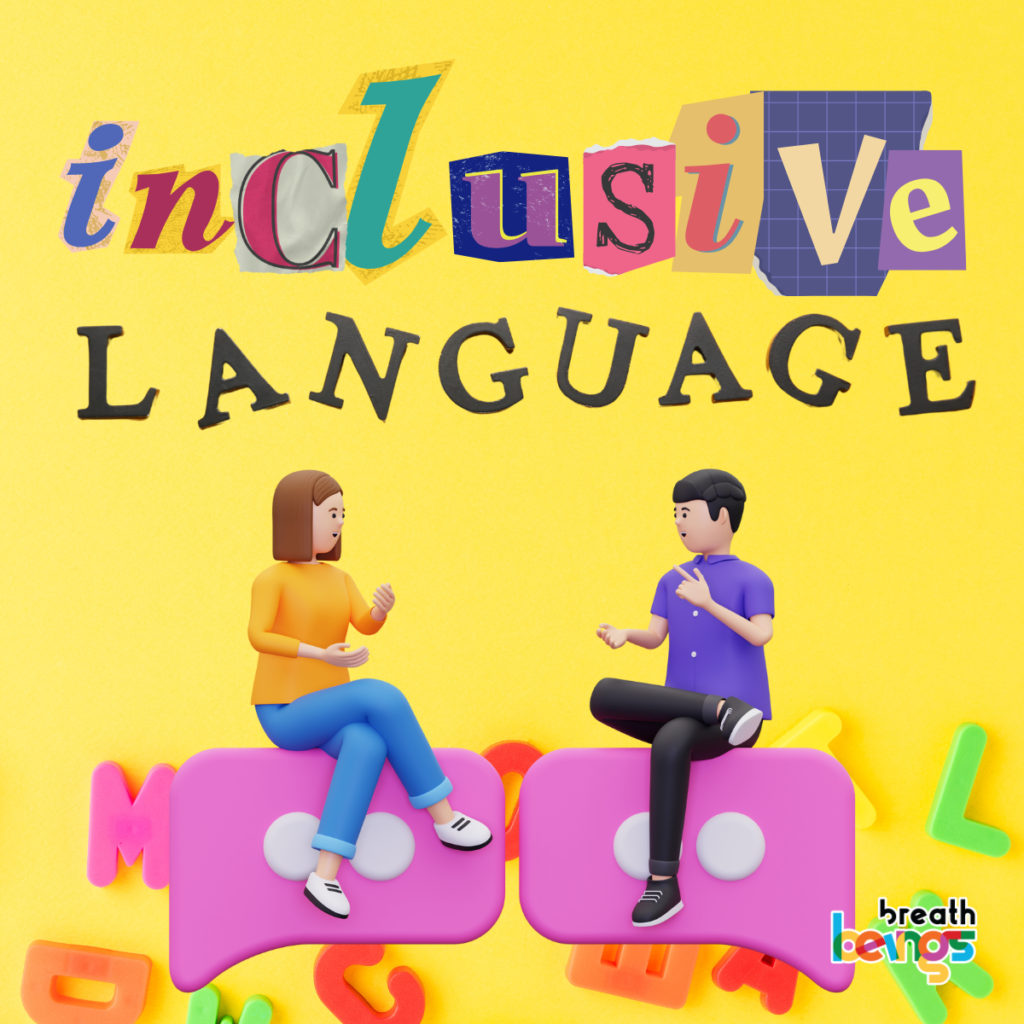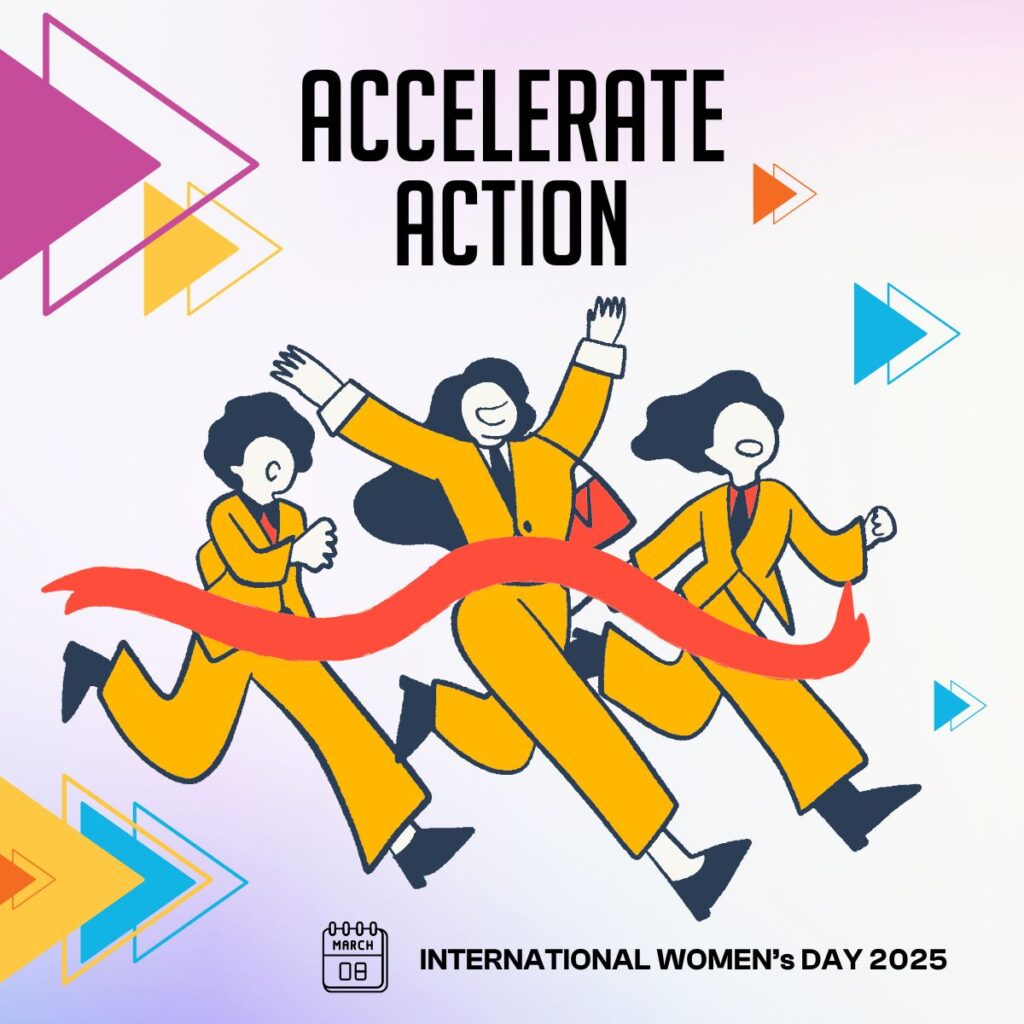When Inclusion Becomes Culture: The Shift from Counting Diversity to Living It
Workplace inclusion has come a long way from posters and promises. For years, metrics around diversity, equity, inclusion, and belonging (DEIB) focused on representation, tracking gender ratios, diverse hiring numbers, or promotion rates. Those numbers are important, yet they only scratch the surface.
In 2025, organizations across industries are beginning to ask a deeper question:
“How do we measure the quality of our culture, not just the quantity of our diversity?”
Because true inclusion isn’t about simply having diverse talent on board; it’s about ensuring that people, of every background, identity, and ability, feel welcome, respected, and empowered to thrive.









